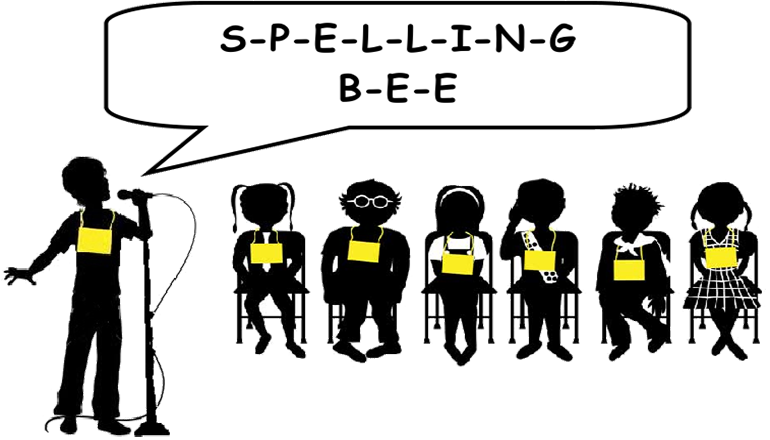Silent letters
Having an Italian background, I was used to read words as they are written, nothing more and nothing less. But, as I was learning English, I came to realize that it is not the case for this language, but why?
I have struggled extensively with silent letters in words such as knight or island, as it seemed crazy to me that someone would not pronounce certain letters if they were so clearly in the word. I have also always wondered why, as English comes mainly from latin, the same root language as Italian.
Claire Nowak explains the history of these silent letter in her article "Why Some English Words Have Silent Letters" by saying:

I have struggled extensively with silent letters in words such as knight or island, as it seemed crazy to me that someone would not pronounce certain letters if they were so clearly in the word. I have also always wondered why, as English comes mainly from latin, the same root language as Italian.
Claire Nowak explains the history of these silent letter in her article "Why Some English Words Have Silent Letters" by saying:
about 60 percent of English words contain a silent letter. But these often distressing words weren’t intended to be so confusing.It is very interesting to know how words change and evolve throughout history. I think this "silent letters" phenomenon could also be the reason why here in the United States there are spelling bee competitions, something that does not exist in many countries I know. In Italy, a competition like that would be too easy, as anyone could spell any words because it is pronounced exactly how it is written, but in English, this is not the case. You really have to know the word if you want to be able to spell it, and I think the biggest challenge comes from these silent letters.
In many cases, these silent letters actually were pronounced, like when “knight” sounded like “kniht” or “bite” sounded like “beetuh.” In the Middle Ages, the English language was rocked by the Great Vowel Shift, a major phonetic change that affected how long vowels were spoken. These changes took place over the course of several centuries and eventually led to modern English pronunciations with little or no changes in spelling.

Comments
Post a Comment